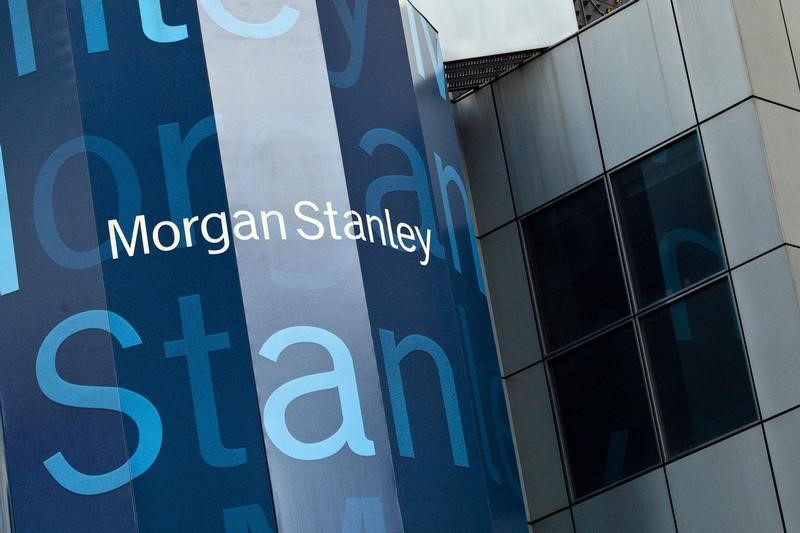Demand for Nvidia’s H20 chips is stronger than previously expected, Morgan Stanely analysts noted Tuesday, citing data from their recent global semiconductor field trip in Asia.
Per Morgan Stanley’s note, major hyperscalers in China, while complying with export control regulations, are purchasing NVIDIA’s H20 chips for AI computing needs. Although smaller AI data center vendors in China can offer the H100 GPU for rental, the larger hyperscalers are opting to buy the H20, adhering to the regulatory requirements.
Based on their field trip takeaways, analysts said the single-chip performance of the H20 is only 15% that of the H100. Furthermore, when comparing "Performance Density" based on the Float 16 data type, the H20's single chip performance is only 3% of that of the H100.
“However, by connecting a cluster of H20 GPUs, performance can reach 50% of that of the H100, thanks to higher networking bandwidth and the HBM density of H20,” analysts pointed out. “And hence it is possible the H20 chip price could also be 50% of H100.”
“We have heard from members of the supply chain in Taiwan that H20 volume could reach 1mn units in 2024,” they added.
Elsewhere, Morgan Stanely said its newly collected data showed that Huawei’s 910B AI GPU performs only at the level of NVIDIA (NASDAQ:NVDA)'s A100 and demand would not appear to be as robust were it not for government subsidy.
Meanwhile, other local Chinese GPU solutions, such as those from Tencent-backed AI chip startup Enflame, "seem to be good enough for AI inference," analysts said.
Regarding high-bandwidth memory (HBM) and advanced packaging localization in China, equipment companies are noticing trends similar to those reported by Nikkei Asia in February.
China’s CXMT is qualifying HBM capabilities and planning to advance further into high-bandwidth memory technology. In terms of 2.5D packaging for AI chips, it remains uncertain whether SJ Semi can achieve the performance level of TSMC’s CoWoS technology, the note states.
